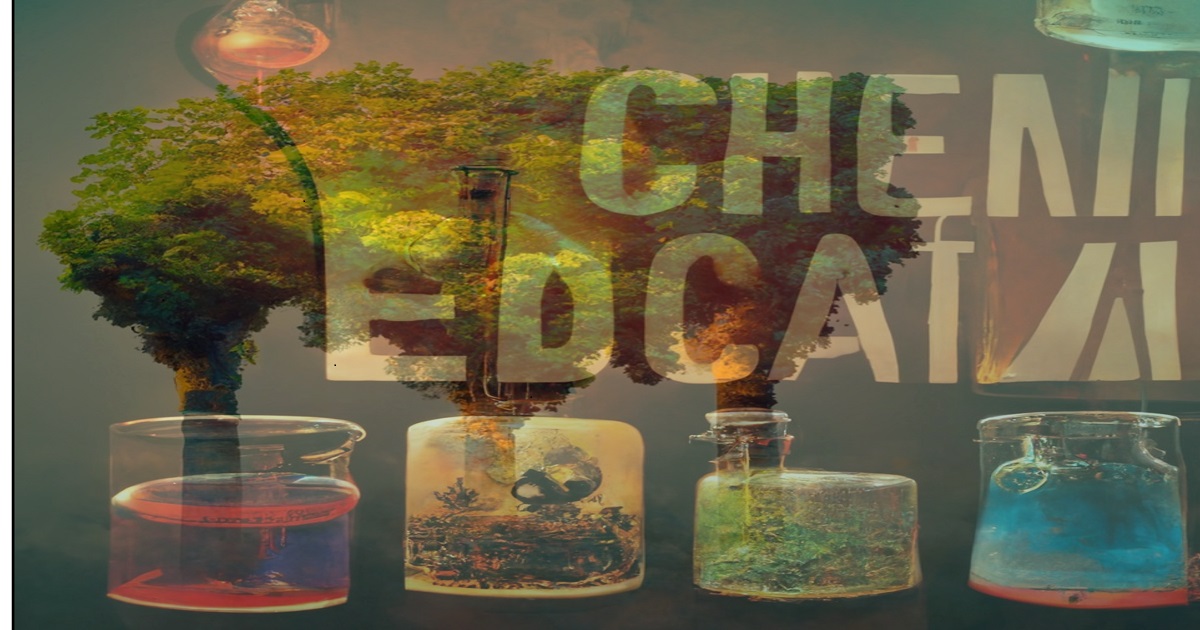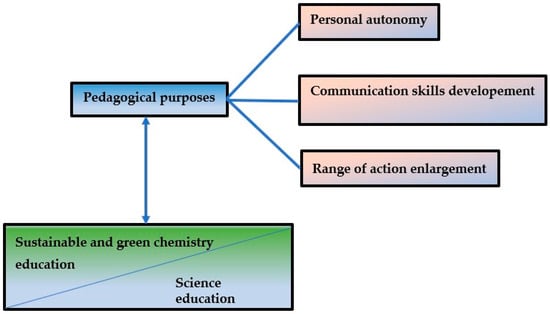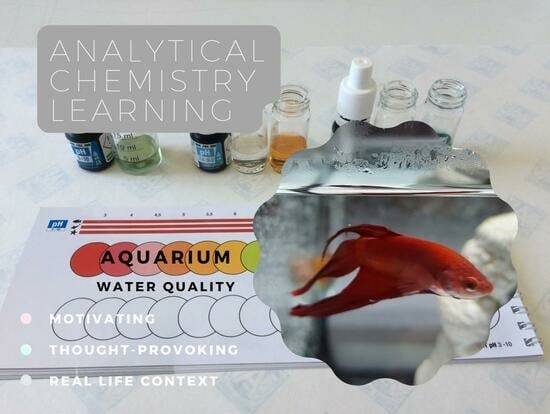New and Unconventional Strategies in Sustainable Chemistry Education at All Levels
A topical collection in Sustainable Chemistry (ISSN 2673-4079).
Viewed by 29000
Editors
Interests: nanomaterials for energy and environment; perovskite oxides; perovskite-based heterostructures; solid oxide cells; Rietveld analysis; waste-derived materials; sustainable chemistry education
Special Issues, Collections and Topics in MDPI journals
Interests: heterogeneous catalysis in environmental and sustainable chemistry
Special Issues, Collections and Topics in MDPI journals
Topical Collection Information
Dear Colleagues,
The adjective “Sustainable” is now essential within all scientific disciplines, and especially so for Chemistry. Important measures have been taken at the international level to promote this new way of performing Chemistry and these have been adopted by many scientists. If Sustainable Chemistry is to have a positive impact on society, it is clearly very important to raise citizens’ awareness of this new way of doing Chemistry and the important role of Chemistry for both sustainable development and citizen’s well-being.
It is also important to change the societal perception of aspects such as critical raw materials and feature the necessity to exploit alternative and sustainable resources, for example, waste. The importance of Chemistry in remediating polluted environments, producing new functional materials, or helping with clean energy production and storage also needs to be highlighted.
Citizens of tomorrow, are the students of today. Therefore, the aim of this topical collection is to focus on new and unconventional learning paths and communication tools/modalities that can be used to successfully educate students at all levels on the value of Sustainable Chemistry, through student engagement.
All research-active chemists that have an educational role are invited to share their experience and knowledge on novel efforts to educate in Sustainable Chemistry in the form of an original article or review in this topical collection.
Contributors will be invited to specify the type of audience chosen for the featured activity and the specific targets aiming to contribute to one of the 17 UN Sustainable Development Goals should be also highlighted. This topical collection intends to represent a collection of such efforts and serve as an inspiration for developing successful educational activities on Sustainable Chemistry from primary schools to University, and thus act as a stimulus for increasing their impact on society.
We welcome any topic of Chemistry Education that has a connection with Sustainability, and any contribution, either as an original manuscript or review, on the following and related topics:
- Proposals/examples of strategies and approaches by which chemistry education addresses some of the global challenges associated with the UN Sustainable Development Goals across all educational levels.
- Proposals/examples on the adaptation of existing pedagogical approaches for delivering Sustainable Chemistry education across all educational levels
Among the communication tools sought, the following are particularly welcome: well-described interactive hands-on experiments (with videos of the experiment in the supporting information recommended) and impactful ideas and associations between Sustainable Chemistry and everyday life.
The Sustainable Chemistry knowledge that is intended to be disseminated through the described activity should be clearly described and the measured impact of the technique highlighted.
Dr. Francesca Deganello
Prof. Dr. James A. Sullivan
Collection Editors
Manuscript Submission Information
Manuscripts should be submitted online at www.mdpi.com by registering and logging in to this website. Once you are registered, click here to go to the submission form. Manuscripts can be submitted until the deadline. All submissions that pass pre-check are peer-reviewed. Accepted papers will be published continuously in the journal (as soon as accepted) and will be listed together on the collection website. Research articles, review articles as well as short communications are invited. For planned papers, a title and short abstract (about 250 words) can be sent to the Editorial Office for assessment.
Submitted manuscripts should not have been published previously, nor be under consideration for publication elsewhere (except conference proceedings papers). All manuscripts are thoroughly refereed through a single-blind peer-review process. A guide for authors and other relevant information for submission of manuscripts is available on the Instructions for Authors page. Sustainable Chemistry is an international peer-reviewed open access quarterly journal published by MDPI.
Please visit the Instructions for Authors page before submitting a manuscript. The Article Processing Charge (APC) for publication in this open access journal is 1000 CHF (Swiss Francs). Submitted papers should be well formatted and use good English. Authors may use MDPI's English editing service prior to publication or during author revisions.












